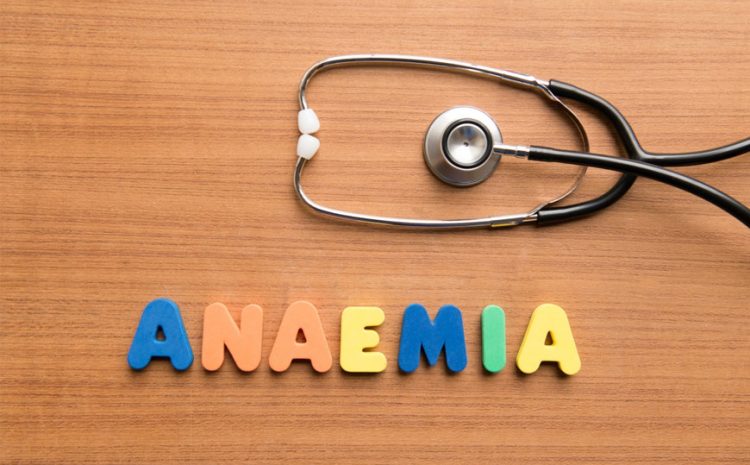
How Anaemia affects your health?
Anaemia is a state where an individual has iron-poor blood. This causes a deficiency in the red blood cells and an impairment in the delivery of oxygen in the body.
Iron-deficiency anaemia is one of most common forms. In the absence of sufficient iron, the red blood cells cannot form haemoglobin, the protein that carries oxygen from the lungs to the body. In an adult woman, the RBC count is 12 g/Dl of blood whereas, in an adult man, it is 15 g/Dl. When the levels go down below this range, lack of oxygen and haemoglobin start showing up. People, who are anaemic, experience fatigue and tiredness, and a general lack of good health. In some severe cases, when people do not get treatment, they can experience organ damage owing to a lack of oxygen.
Causes of Anaemia
1. Blood Loss: When the amount of blood lost from the body is greater than the body’s ability to replace it, it can lead to anaemia. Women who have heavy menstrual bleeding, individuals who have internal bleeding due to digestive problems or ulcers are at a greater risk. Bleeding from trauma or surgery can also cause anaemia. In such cases, anaemia can be detected with a blood test.
2. Low RBC Count: It could be the case that the RBC count in the body is very low. Lack of good folic acid and iron, vitamin B12 in the diet can lead to low RBC in the body. Some medical conditions such as diabetes, cancer, kidney diseases, and HIV/AIDS can also interfere with the body’s production of RBC. Genetic disorders including aplastic anaemia, sickle cell anaemia, and haemolytic anaemia can be other reasons. In some autoimmune disorders, the body attacks its own RBCs.
Signs of Anaemia
1. Extreme fatigue and weakness
2. Cuts may take longer to heal
3. Shortness of breath
4. Racing or irregular heartbeat
5. Cold hands and feet
6. Inability to concentrate
7. Chest pain
8. Sexual dysfunction
Visit your doctor if you are experiencing one or more of the above symptoms.




